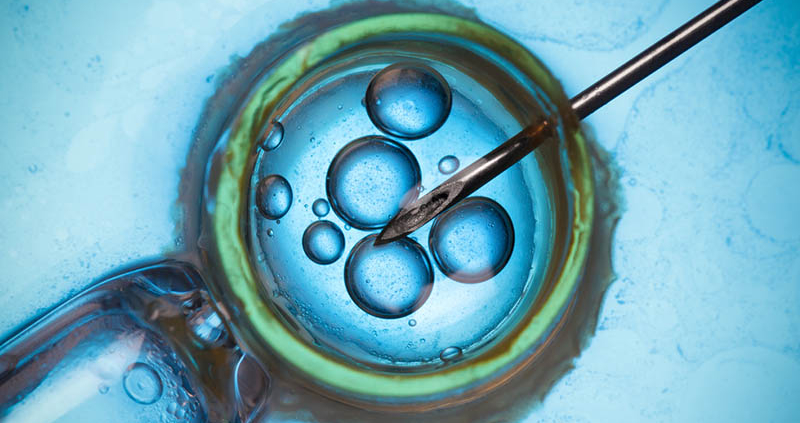AI and IVF: the role of Artificial Intelligence in fertility treatment
Since the birth of the first baby conceived using in vitro fertilisation in the UK more than four decades ago there have been significant advances, but for many couples IVF remains an emotionally and physically challenging process that may not lead to conception.
Recently, much of the focus has been on the role that Artificial Intelligence (AI) can play in improving the current live birth rate per embryo transferred. This currently stands at 25% and 19% respectively for patients aged 35 to 37 and 38 to 39 according to the most recent figures from HFEA.
“Artificial Intelligence (AI) for gamete and embryo selection has marked the start of a new era in IVF and is here to stay,” explains Xavier Viñals Gonzalez, Aria’s Senior Clinical Embryologist and Laboratory Manager.
“We can now get a deeper level of information which was not available to embryologists before. AI systems are already key for research and development in the field of IVF and will certainly improve our understanding of egg and sperm quality and embryo development.”
AI and IVF
Artificial intelligence describes technology that mimics human cognitive capacity to make predictions based on evolving data. In the IVF lab, it can aid the embryologist to make a rapid and accurate assessment of the health of a gamete or embryo.
Artificial intelligence is used as extension to time lapse monitoring that takes images of embryos at intervals of ten minutes, allowing our embryologists to monitor every stage of embryo development.
AI systems can review a massive amount of data, far more than humans can process, including hundreds of images from each developing embryo. Some AI algorithms are trained to predict clinical pregnancy, others to unveil genetic make-up of the embryos.
By analysing thousands and thousands of these time lapse images and comparing those that go onto successful outcome to those that don’t, AI uses this data to grade the embryos with greatly improved accuracy.
This process is always overseen by our embryologists who review the selection process before implantation but, as Xavier explains, “the assistance of AI systems to daily laboratory workflow will offer patients outcome optimisation and provide better understanding of their chances along reproductive journey.”
A study published last year in the Journal of Assisted Reproduction and Genetics discussed how AI can be used as an essential component in a fertility clinic lab’s quality management system. It could provide “systemic, early detection of adverse outcomes, and identify clinically relevant shifts in pregnancy rates”.
Currently, Aria Laboratories continue to evaluate the efficacy of time-lapse parameters and artificial intelligence algorithms as predictors of embryo potential with the main focus on delivering high success rates to our patients, whilst minimising multiple pregnancy. To learn more about the use of AI in the Aria Fertility lab, call (0) 203 263 6025 to arrange a consultation.

